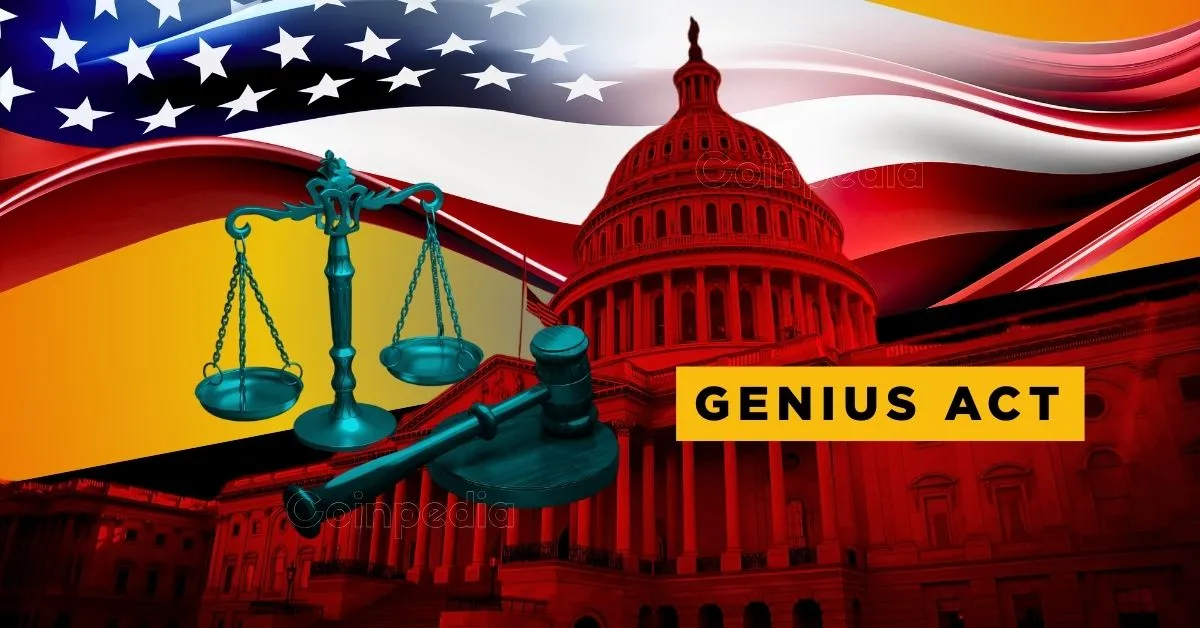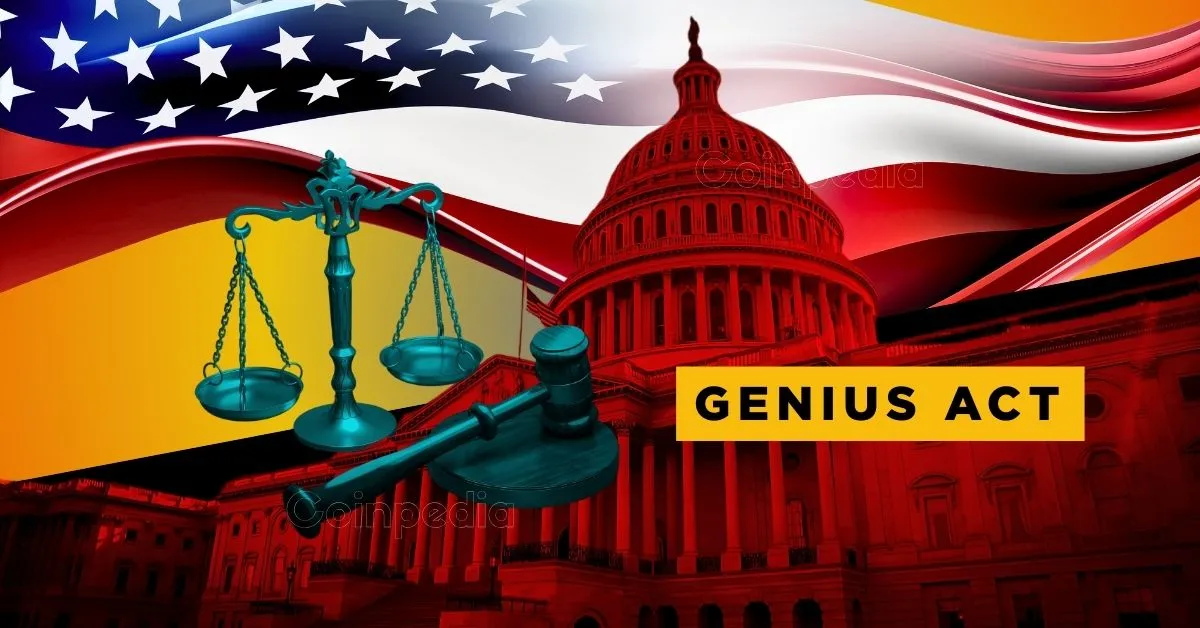Stablecoin Regulation Takes Center Stage: The GENIUS Act
The cryptocurrency world is buzzing following the Senate’s recent approval of the Guiding and Establishing National Innovation for U.S. Stablecoins (GENIUS) Act. Voting 68-30 in favor, the Senate has signaled a potential turning point for digital asset regulation. This bipartisan effort could lay the groundwork for integrating stablecoins more firmly into the traditional financial system, but the journey through the House of Representatives promises to be an interesting one.
Deciphering the GENIUS Act: A Blueprint for Stability
Stablecoins are designed to keep their value steady by linking it to reliable assets like the U.S. dollar. This stability makes them useful for trading, investing, and using decentralized finance (DeFi) apps. However, without clear rules, there are worries about protecting consumers, keeping finances stable, and preventing illegal activities.
The GENIUS Act tackles these issues head-on by setting up a national system for regulating stablecoins. It focuses on making sure stablecoins have enough reserves as backup, that they are checked regularly, and that they are watched carefully. The aim is to give issuers clear guidelines to follow, to shield consumers from risks, and to promote new ideas in the stablecoin market. Passing this bill is a big move towards making stablecoins more official and bringing them further into the regular financial world.
Bridging the Divide: Bipartisan Support Fuels Progress
The GENIUS Act’s ability to unite both Republicans and Democrats in the Senate significantly contributed to its passage. Republican Senator Bill Hagerty of Tennessee spearheaded the bill, with support from Tim Scott (R-S.C.). This shows a shared understanding of the need to fill the regulatory gaps around stablecoins.
The Senate Banking Committee gave the initial thumbs-up with an 18-6 vote, setting the stage for success. The crypto industry also threw its weight behind the bill, adding to its momentum. The bill moved quickly, passing in about six weeks, which shows how important lawmakers thought this issue was. This progress is noteworthy, especially compared to previous attempts at crypto regulation that stalled due to party disagreements.
The $254 Billion Question: Unleashing Growth Potential
The stablecoin market has skyrocketed, now exceeding $254 billion. This enormous growth highlights the increasing need for trustworthy digital currencies and their power to change the financial world. The GENIUS Act is seen as a critical step in unlocking further development and wider acceptance.
By providing clear rules, the bill is expected to entice institutional investors, spark innovation, and boost consumer confidence in stablecoins. A well-defined regulatory structure can also reduce risks associated with stablecoins, such as potential “runs” or breakdowns in the system. The GENIUS Act is viewed as a positive step for the entire crypto space, potentially leading to broader acceptance and integration of digital assets.
The House Awaits: Navigating the Next Legislative Challenge
While the Senate’s vote was a major win, the GENIUS Act still needs to clear the House of Representatives. The House will now decide whether to adopt the Senate’s version, make changes, or propose its own legislation.
Previously, the House passed a stablecoin bill that stalled in the Senate, indicating that achieving consensus in the House could be difficult. With Democrats no longer in the majority in the Senate, the legislative landscape has shifted. A vote in the House is expected within the next three weeks, adding to the urgency.
The call for the passage of the CLARITY Act alongside the GENIUS Act signals a desire for a broader approach to regulating crypto. The outcome in the House will determine whether the GENIUS Act becomes law and whether the U.S. can lead in the world of digital asset regulation.
A Beginning, Not an End: The Ongoing Evolution of Crypto Regulation
The Senate’s approval of the GENIUS Act marks a crucial victory for the cryptocurrency industry and a significant leap toward smart innovation. Bipartisan backing highlights a growing recognition of the potential benefits of stablecoins alongside the need to manage associated risks. However, the journey is far from over.
The bill’s fate depends on navigating the complexities of the House of Representatives and securing final enactment. Even if passed, the GENIUS Act is likely just an initial step in a more comprehensive effort to regulate the rapidly changing digital asset space. Continuous monitoring, adaptation, and partnership between lawmakers, regulators, and industry experts are essential to ensuring that the regulatory framework stays effective and cultivates a dynamic and responsible crypto ecosystem. The future of stablecoins, and the broader crypto market, hinges on decisions made in the coming weeks.












